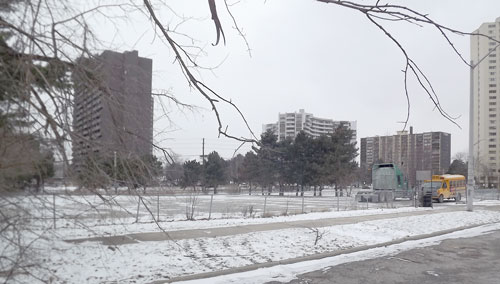1.
|
The Administrator should retire; |
2.
|
Political instability still
permeates YCC #42 and the condominium is not yet ready for
self-governance; |
3.
|
The use of proxies in elections
has been misused and abused. Mr.
Fortunato described this as “one of YCC #42’s biggest dilemmas”.
This year competing meetings of unit owners were held, one hosted by
ACO, the other by the unit owners represented by Mr. Fulton (The Core
Group). According to Mr. Fortunato, more than 100 unit owners attended
the ACO meeting, while only 26 were present at the other meeting,
although a proxy count brought the total representation up to 322 unit
owners; |
4.
|
The court should appoint Mr.
Robert Buckler as the new Administrator of
YCC #42 for a period of one year. Mr. Buckler filed an affidavit
deposing that at present he acts as administrator of YCC #385, a
211 unit condominium in Toronto and he would be willing to act as the
administrator of YCC #42 for a one-year term. Thirty-five unit owners
signed a submission supporting the appointment of Mr. Buckler as
administrator. |
